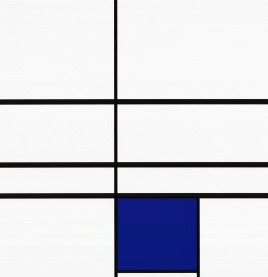Consider 'The Man in the Golden Helmet', now thought to have been painted by one of Rembrandt’s school, rather than by the master himself. Portrayed is an old man, or a man old before his time, moustached, cheek scarred, eyes open though not fully, head tilted slightly downward and about 45° to his right. He wears a gilded and ornately decorated military helmet topped with feathers. A cheekguard hangs over the stiff collar of a tunic or breastplate.
The helmet is a badge of rank and thereby of honour and power. He had it specially made in his first proud flush of authority, or on his highest appointment. It was given to him as reward for victory, for miscellaneous services rendered, as a pledge of faith in his surpassing reputation, by his city, state or sovereign, by his commander, by his wife, by his father, by his troops. It was presented to him by a defeated general out of respect for his military art, his magnanimity, his noble soul. It was looted from a baggage train. The decoration depicts Achilles mourning Patroclus, Achilles avenging his dearest friend’s death, Achilles in his chariot dragging Hector’s body by its pierced heels around Troy’s moaning walls.
The man’s face is sternly set, evincing stoic discipline, its scars unfelt. A father remembers what his children will learn. A soldier meditates on impossible peace, on lost oportunities, on hollow glories, the finality of defeat. A clever man plots his next move. An officer pauses before a fateful command, a Rubicon to cross. A good man shoulders Christian shame for the sins of the world, or merely for his own. The man in the golden helmet must rule or be ruled. He listens unmoved to an underling’s report, he listens intently, he listens with gradually dawning dread, with boredom. Whatever he is looking at, he surely sees himself.
Wrought with skill and perception, a work of visual art can instantiate a sophisticated point of view, a fraught moral, a complex tale, revealing to its audience in the standard flash an argument the piecemeal articulation of which would take many sentences and please no eye at all. What is more, by showing rather than stating its wisdom, the piece retains both the concentrated punch of immediacy and the broader halo of ambiguity that equally inform its decisive moment. Now, it urges, choose.






